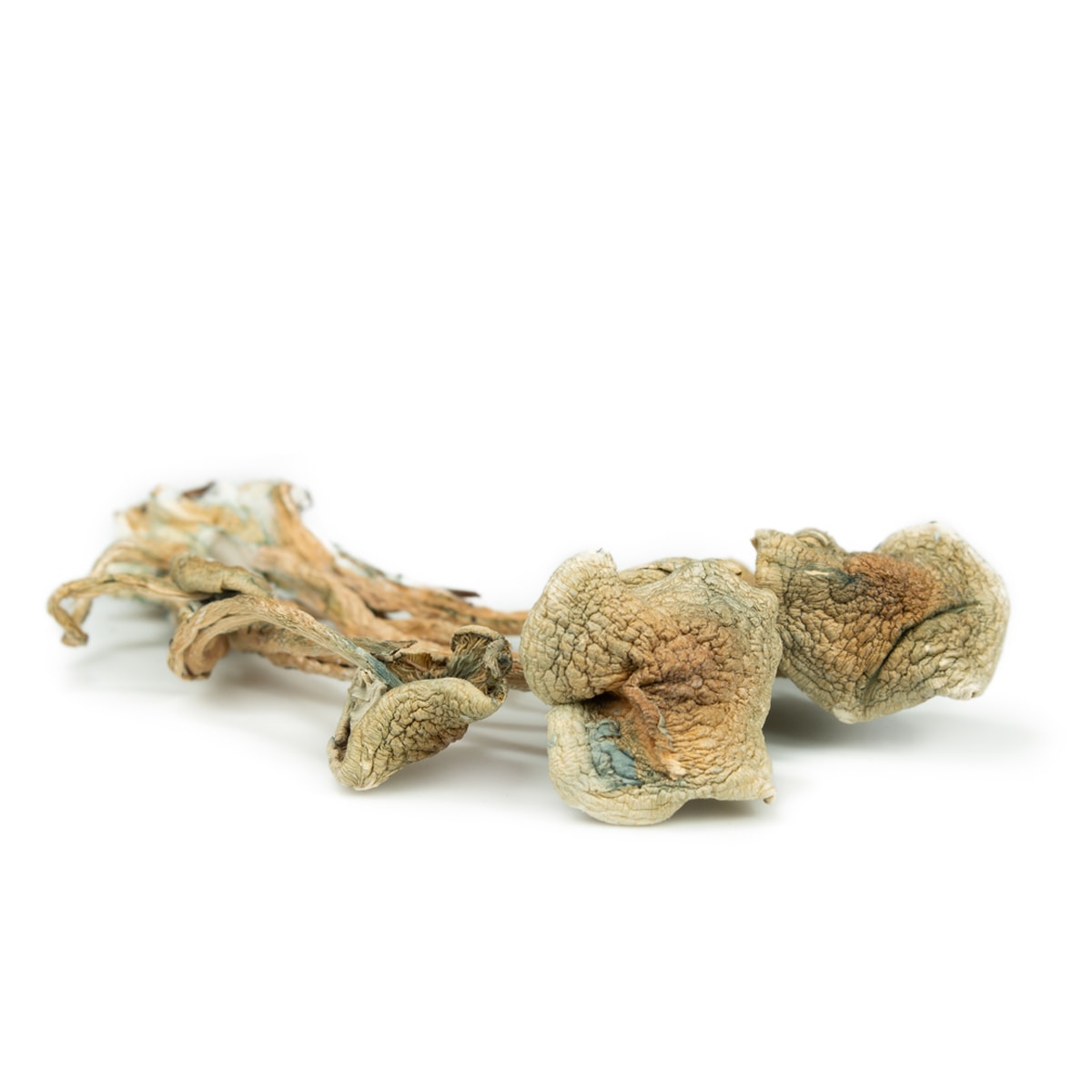Georgia Magic Mushrooms: A Brief Overview
georgia magic mushrooms. Also known as psychedelic mushrooms, have gained popularity for their mind-altering effects and potential therapeutic benefits.
While the use of magic mushrooms is a topic of ongoing debate and research, it is important to understand their significance in the context of Georgia.
Legal Status: In Georgia, the possession, sale, and cultivation of magic mushrooms containing psilocybin, the main psychoactive compound, are illegal.
The state’s laws classify psilocybin as a Schedule I controlled substance.
Psychoactive Properties: Magic mushrooms contain psilocybin and psilocin, which interact with serotonin receptors in the brain, leading to altered perception, hallucinations, and changes in mood and cognition.
These effects can vary depending on the dosage and individual sensitivity.
Therapeutic Potential: Research suggests that psilocybin-assisted therapy may have potential benefits for mental health conditions such as depression, anxiety, and post-traumatic stress disorder (PTSD).
However, it is important to note that these therapeutic applications are still being studied and are not yet widely available.
Safety and Precautions: The consumption of magic mushrooms should be approached with caution.
It is crucial to be aware of the potential risks and to consume them in a safe and controlled environment.
More so, it is recommended to have a trusted guide or experienced sitter present during the experience.
Cultural and Historical Significance: Magic mushrooms have a long history of use in various cultures for spiritual and ceremonial purposes.
Indigenous cultures around the world have incorporated these mushrooms into their rituals and healing practices for centuries.
While the use of magic mushrooms in Georgia is illegal, it is important to stay informed about the evolving research and discussions surrounding their potential therapeutic applications.
It is always advisable to consult with medical professionals and adhere to the laws and regulations of your jurisdiction.







